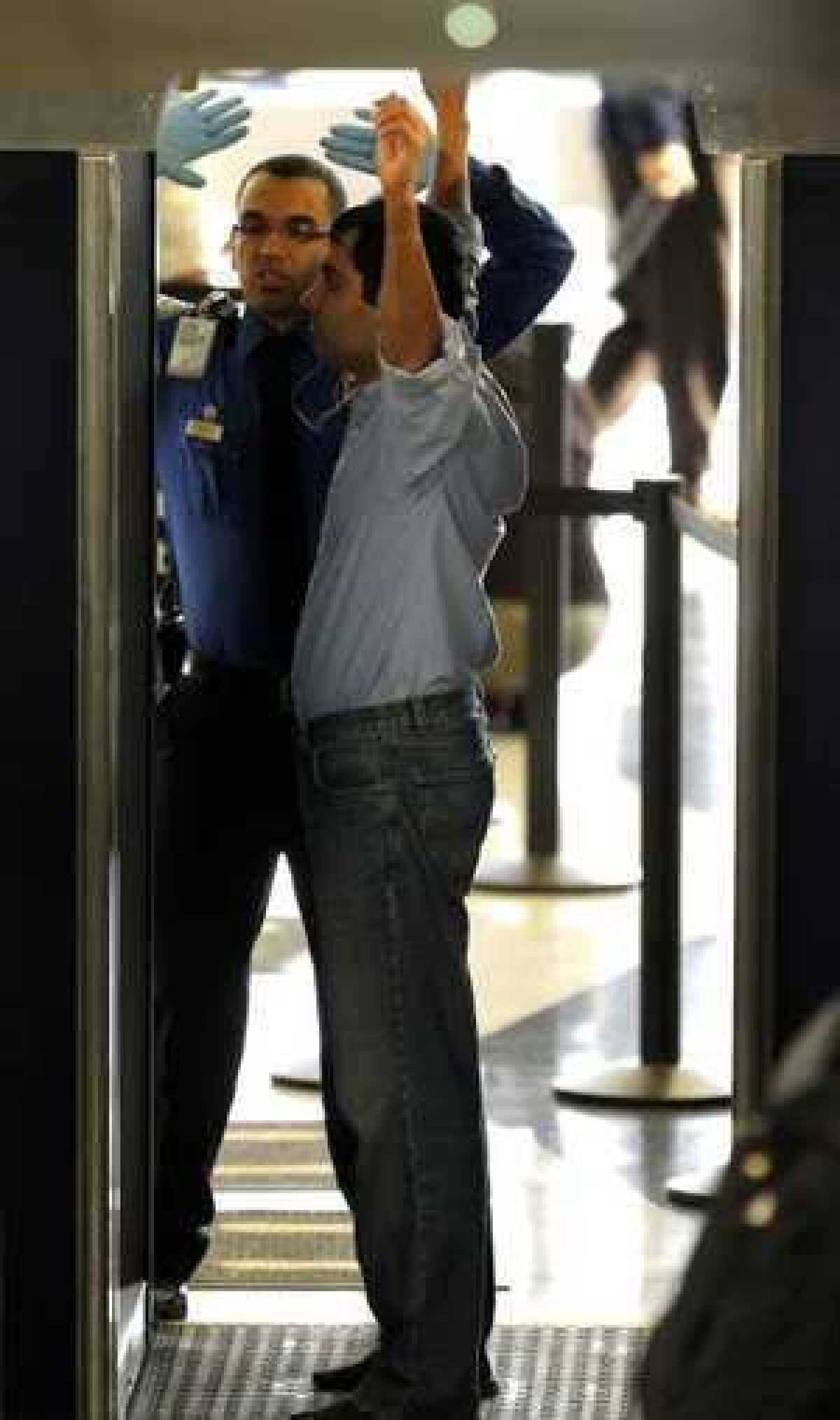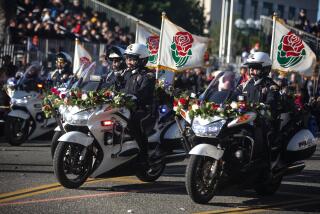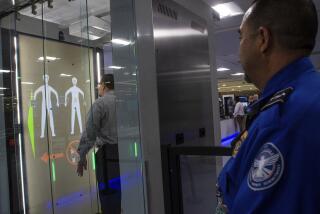Feds call for new safety review of airport scanners

Responding to critics, the Department of Homeland Security is launching another safety study of full-body scanners used to screen passengers at the nation’s airports.
The Department of Homeland Security, which oversees the Transportation Security Administration, plans to award a contract to the National Academy of Sciences to perform the review.
But the nonprofit group of scientists will only be asked to review previous studies on the safety of a particular type of scanner used by the TSA.
The study comes in response to pressure from TSA critics, including Sen. Susan Collins (R-Maine), who introduced a bill this year to test the safety of the scanners.
[Updated, 3:35 p.m. Dec. 20: In a statement, Collins said she welcomes the new review.
“While TSA has told the public that the amount of radiation emitted from these machines is small, passengers and some scientific experts have raised questions about the impact of repeated exposure to this radiation,” she said.]
In an interview, TSA Administrator John Pistole said several previous studies have already shown the scanners do not expose passengers to dangerous levels of radiation, even for frequent travelers.
But he said he welcomes another study to address the concerns of members of Congress. “After all, they fund us,” he said of the Senate and House.
The TSA uses two types of full-body scanners, both of which help the agency look for objects hidden under the clothes of passengers. About half of those scanners expose passengers to X-rays to see through their clothes, with the rest using non-ionizing radio frequency energy, known as millimeter waves.
The scanners that use X-rays, or backscatter technology, have received the most criticism from passenger advocates and scientists, including professors from UC San Francisco. The European Union last year banned the use of backscatter scanners at European airports over health concerns.
The Department of Homeland Security posted an advisory last week, saying it was awarding the National Academy of Science a contract to convene a committee to review whether exposure to backscatter scanners complies with health standards. The academy also is asked to determine whether the design of the machines and the procedures used by TSA staff prevent overexposure of radiation to travelers and the workers.
The proposal does not say when the academy should complete its review.
ALSO:
How new TSA body scans will work
TSA scanners pose negligible risk to passengers, new test shows
LAX’s controversial full-body scanners out; new, faster scanners in
Follow Hugo Martin on Twitter at @hugomartin
More to Read
Inside the business of entertainment
The Wide Shot brings you news, analysis and insights on everything from streaming wars to production — and what it all means for the future.
You may occasionally receive promotional content from the Los Angeles Times.











